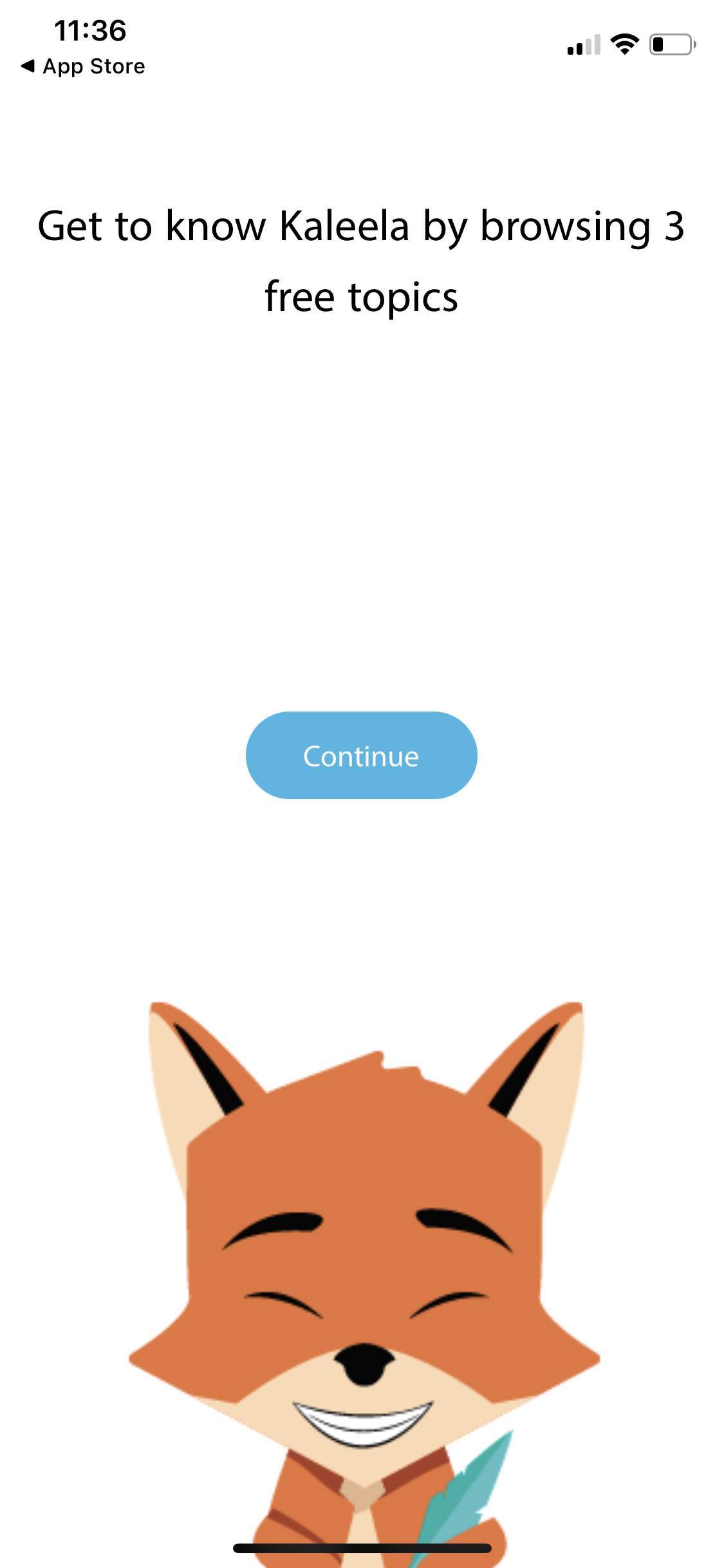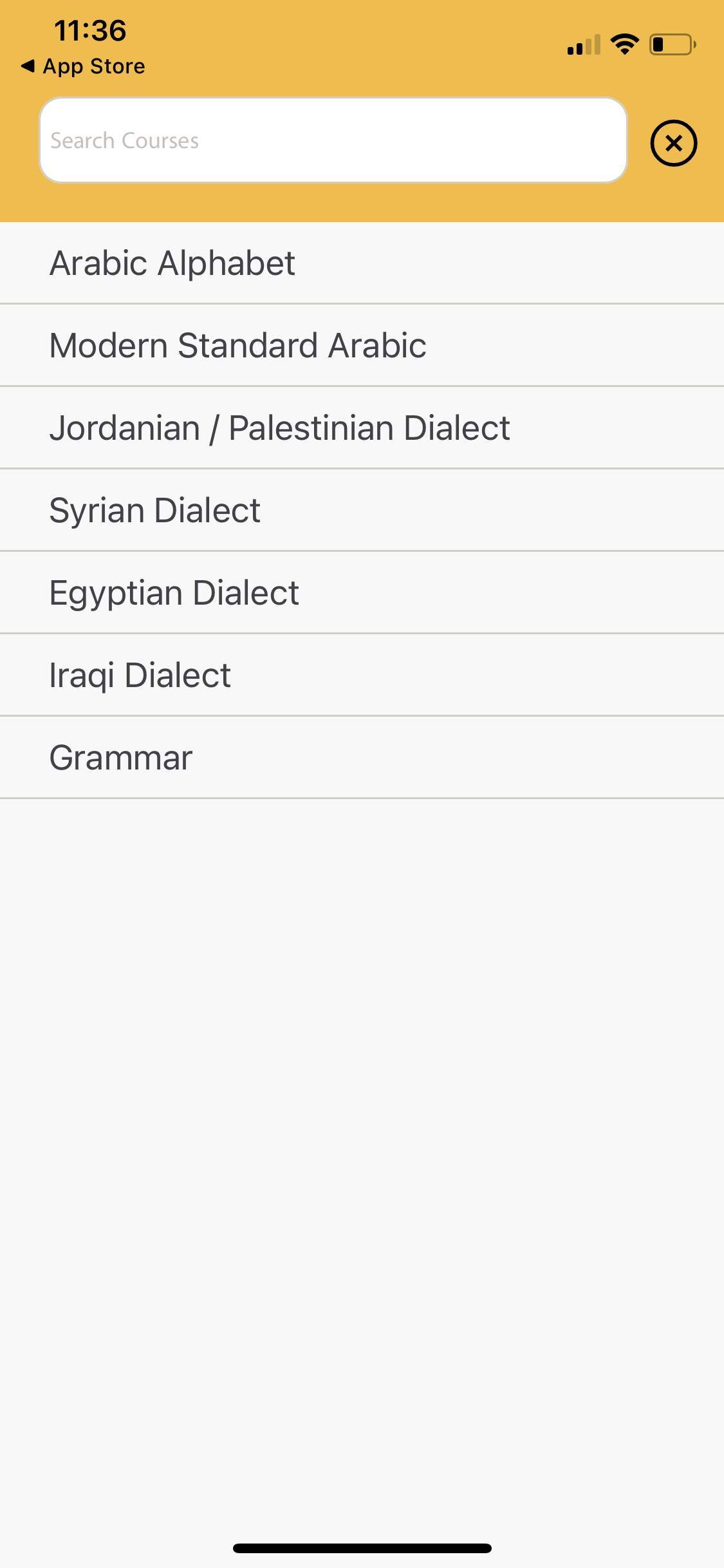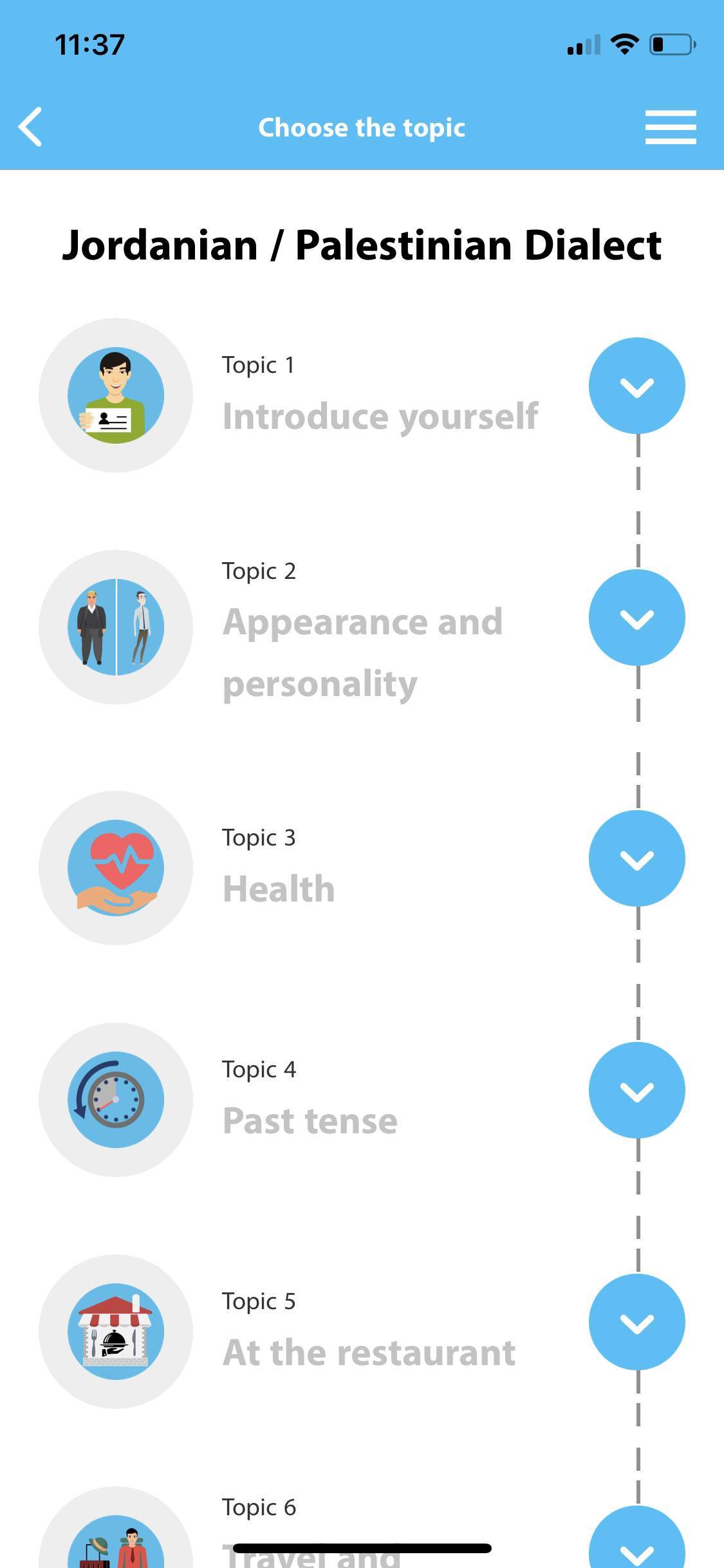AMMAN — Arabic is a
notoriously difficult language to use, with its distinct alphabet and wealth of
vocabulary. But
Kaleela, a Jordanian-made application, is helping
non-native speakers learn to speak, write, and read Arabic.
اضافة اعلان
Kaleela is an application that provides thoughtful ways of
teaching the Arabic language to foreign learners.

Founded by Zaid Otoom, the application was first made available
to the public in January of 2020, after three years of preparation.
According to project manager Ruba Hatamleh, many things
distinguish Kaleela from other applications, namely that it is free of
mistakes.
"Kaleela application is the first reliable source in terms
of the integrity and authenticity of the information," she said in an
interview with Jordan News.
The name Kaleela is derived from the book, “Kaleela wa Domna.”
According to Hatamleh, the book does more than tell stories. It aims to give
readers moral advice to help them improve themselves — not unlike the Kaleela
application.
 (Photo: Screenshot from the Kaleela app)
(Photo: Screenshot from the Kaleela app)
Hatamleh also explained some of Kaleela’s key features: the app
is made up of several levels and users can go on a learning journey based on
international standards, including gradation, sequence, and construction. Users
can also choose the topic they want to start learning and switch between topics
accordingly.
 (Photo: Screenshot from the Kaleela app)
(Photo: Screenshot from the Kaleela app)
The app covers all the skills required to master the language, including
reading, writing, speaking, and listening.
"Providing all (necessary) skills in one application was
not something easy," Hatamleh said.
“It is rare to find an application that teaches grammar, and we
are so proud to have this section,” she added.
In addition to grammar and vocabulary sections, a special
section was worked by phonetics specialists and provides the sounds of each
letter and word.
“Kaleela contains colloquial dialect rules, which is exciting
and vital to helping foreigners understand the everyday Arabic language, since
most do not use the classical language.”
“We amazingly merged the Jordanian (and) Palestinian
dialects,” she added. Kaleela also uses the MSA (Modern Standard Arabic)
system.
Currently, Egyptian, Syrian, Jordanian, and Palestinian dialects
are available on the application. The team is still working on the Saudi and
Moroccan dialects.
The application also teaches foreigners advanced levels of
Arabic: it gives audible and translated texts, forms Arabic letters, and plans
to add more advanced options like Arabic analysis.
In addition to language skills, Kaleela also teaches Arab
culture. Many articles emphasize Arab hospitality, so that foreigners can have
a good understanding of all the aspects of Arab tradition.
According to the available languages section, the application supports
English, French, Chinese, German and six other languages.
“At the end of Kaleela’s users' journey, they will be able to
speak and write about different topics in economy, medicine, tourism, and other
sections,” Hatamleh explained.
“It is an integrated application in all aspects, as it is
entertaining and adds fun to education in terms of its design and the variety
of exercises and videos.”
There is a free trial period for users, after which they can
choose the subscription period they want.
“We are not interested in profits now as much as we are
interested in spreading globally,” she said.
Kaleela is available on the iOS and Android and will be
available soon through a website, so that learners can also access it from
their laptops.
Read more in technology





